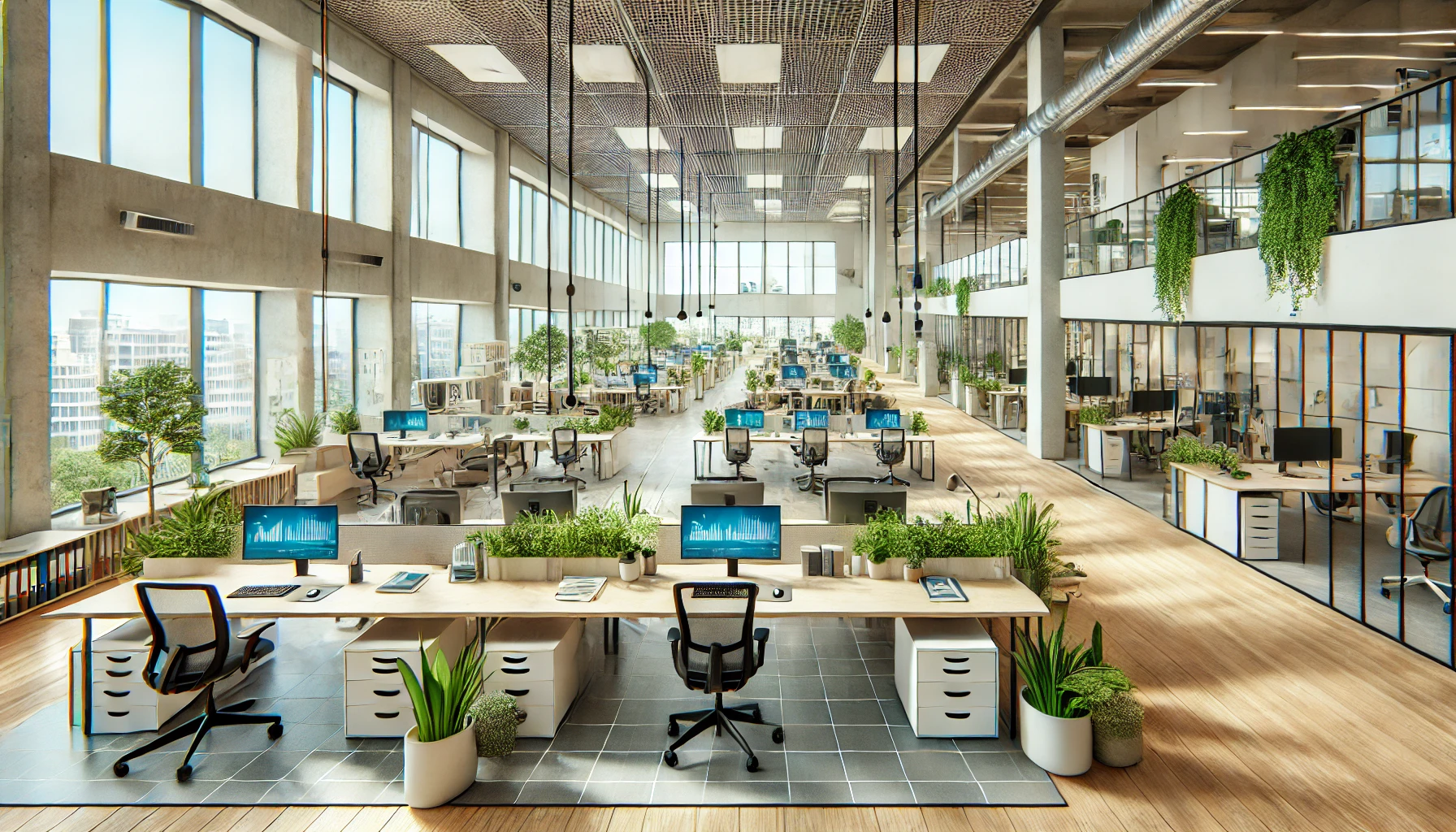Massive resistance: SAP introduces mandatory office attendance – despite internal criticism

The software group SAP is introducing a mandatory attendance requirement of three days a week in the office by the end of April this year. One of the company’s aims is to promote creativity and the exchange of ideas among employees. However, as expected, not all employees are happy with this decision: Internal criticism from the European Works Council is high.
Controversy over new office requirement
During the pandemic, SAP employees were largely free to choose where they worked from. But now it’s back to square one: The company, based in Walldorf, Baden-Württemberg, is obliging its approximately 110,000 employees worldwide to work three office days a week. After all, business trips and working days at customers and partners outside the SAP locations are included in the calculation. The plans are based on the current “enhanced hybrid working guidelines”, which are available to the German publication WirtschaftsWoche.
However, the reaction of some employees was not long in coming: SAP’s decision was met with dissatisfaction and much criticism from the European Works Council. In an internal letter, the committee made drastic comments and described the new requirement as the end of a more flexible working culture at SAP. Employees feel surprised by the abrupt change of course after previously being encouraged to work from home. “Colleagues’ priorities are currently not on the goals of the first quarter, but on finding a stable job in which they feel valued and respected,” said the employee representatives.
Head of SAP defends turning away from home office
SAP CEO Christian Klein justifies the new regulation and emphasizes the importance of personal collaboration for the generation of new ideas and the company’s competitive advantage. Despite internal dissatisfaction, SAP plans to implement the new attendance requirement. Incidentally, “Return to the office” is not just for SAP employees: The software giant’s decision is part of a broader debate about the future of the traditional working model.
After all, the facts speak volumes: While many companies at home and abroad are now ordering their employees back to the workplace, studies show that a mandatory return to the office can cause dissatisfaction among employees. A study conducted by the Technical University of Darmstadt in 2023 found that 24 % of employees consider mobile and flexible working to be a decisive factor for their job satisfaction – and their ability to stay with their employer. The discussion about office presence highlights the importance of a balanced workplace design that takes employees’ needs into account and promotes innovation.
Where is the journey headed for CEOs and employees?
The situation at SAP highlights the tension between traditional office structures and more flexible working models. Companies are faced with the challenge of creating a working environment that takes into account both the needs of employees and the company’s goals. A successful solution requires open communication and a sensitive approach to the expectations of the workforce, as well as the continuous adaptation of workplace design to changing requirements.
Another strategy: technology-supported applications for workplace design. The implementation of ReCoTech’s flexible workplace booking improves workspace flexibility for employees, reduces costs and increases the efficiency of companies. In this way, they not only meet current challenges, but also create a future-proof working environment that meets the needs of employees and corporate goals in equal measure.
These articles might also interest you

New Partnership with the City of Böblingen: A Step Towards the Future
We are excited to announce the official partnership between ReCoTech and the City of Böblingen! This collaboration marks a significant ...

GEFMA 130-1 Sets New Standards for Sustainable and Efficient Space Utilization in Real Estate
Space management is a crucial aspect of real estate operations. It encompasses all activities related to the planning, use, and ...
New customer for ReCoTech: Welcome to STADT UND LAND
We are delighted to announce that ReCoTech has gained another significant client: STADT UND LAND Wohnbauten-Gesellschaft mbH. Our innovative workspace ...

